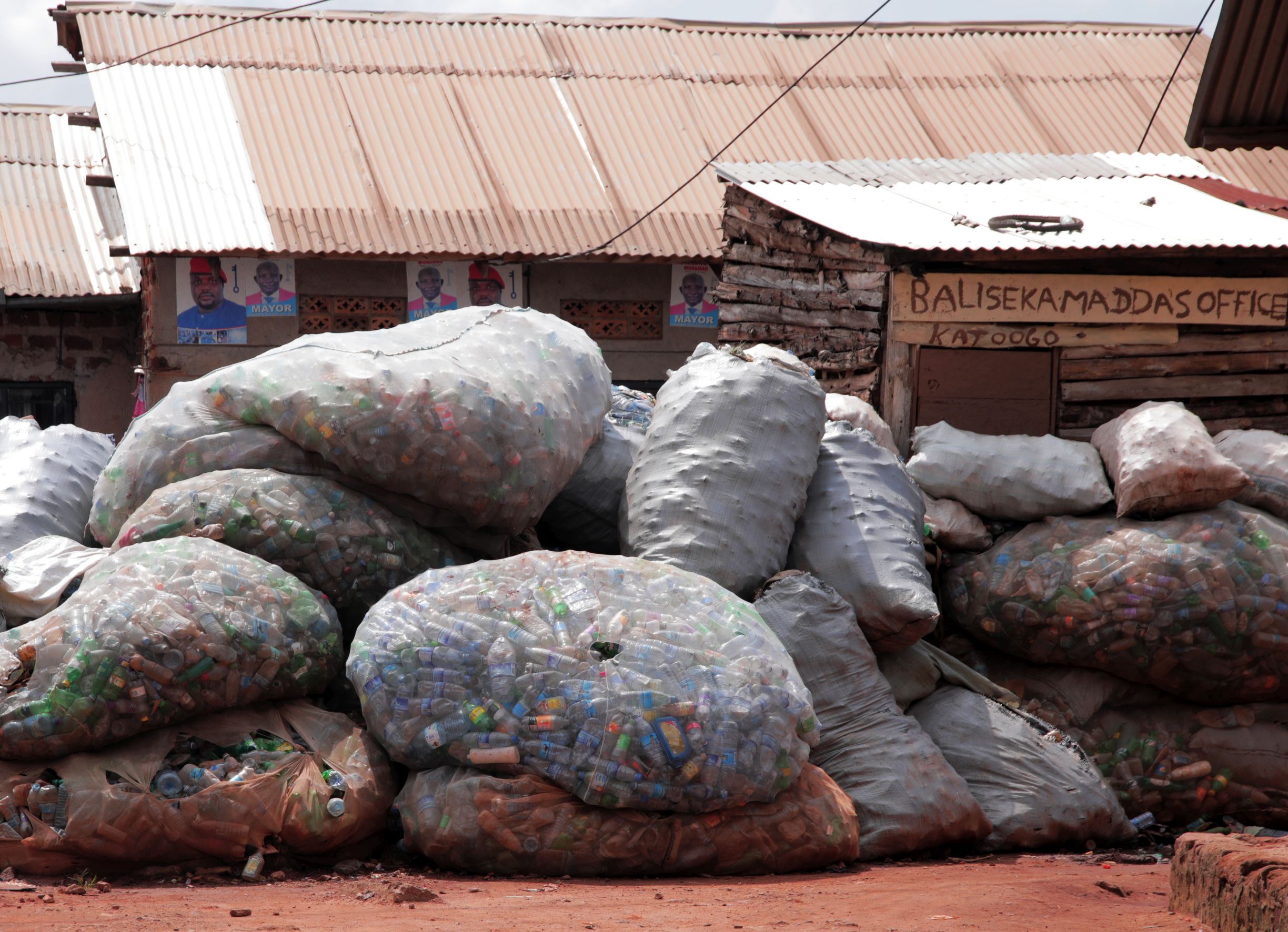- Who We Are
- How We Work
- Regional / Country Initiatives
- Legacy
- Core Themes
- Working Groups
- Portfolio & Results
- Newsroom
- Resources
Transforming Mumbai into a World-Class City
With support from the Cities Alliance and the World Bank, Mumbai has been undertaking a nearly ten-year initiative to transform itself into a world-class city with a high standard of living for all citizens.
India’s business and financial capital is one of the world’s most densely populated metropolitan areas, and its population of 26 million is projected to continue growing to more than 45 million people by 2052.
The strain on infrastructure and services has already lowered the quality of life and slowed down economic growth. Seeking to reverse this decline, in 2003 a group of citizens began pressing for drastic infrastructure improvements and better planning and governance.
They created a vision statement to transform Mumbai into a world-class city with a vibrant economy and a high standard of living for all citizens. This would require upgrading the slums in Mumbai from about 60 percent to less than 15 percent of the population.
In a unique example of public-private partnership, a task force, a citizens’ action group, and an empowered committee were formed to guide the Mumbai Transformation Programme (MTP).
The Cities Alliance, the World Bank, and the U.S. Agency for International Development (USAID) then stepped in to support the creation of the Mumbai Transformation Support Unit (MTSU) in 2005, to serve as an interface between the government and all other stakeholders involved in this ambitious long-term programme. Its duties also include providing administrative and technical support, and documenting the process.
The MTP includes more than 40 projects to spur economic growth, reduce poverty and enhance quality of life for residents, especially slum dwellers. The projects focus on physical and social infrastructure, environment, housing, governance and strategic planning. They cover a wide range of activities, such as transportation system improvements and better health, education and job training services for residents.
Results
The establishment of the MTSU inaugurated a new multi-stakeholder planning process, involving numerous government departments as well as the private sector and civil society. It has been instrumental in achieving the following results during the programme’s first two phases:
-- Extensive studies in preparation for projects in education, economic growth, governance, health, housing, slums and transport
-- A concept plan outlining a vision and strategy for planned development, as well as a physical plan that will optimise the distribution of commerce, housing, and transport infrastructure
-- A city business plan
-- A housing policy for the state of Maharashtra
-- Beautification of historic neighbourhoods and buildings
-- Repeal of an obsolete regulation that limited the amount of land available for development and drove up real estate prices
-- Unification of Mumbai’s transportation agencies into one authority
-- Establishment of a metropolitan planning committee
-- Development of 33 vocational courses on information technology, construction, and retail
-- Re-engineering the road transport system (the proposed initiatives to be implemented include a bus rapid transit system, a fleet taxi system, and improvement of pedestrian facilities and skywalks)
-- Creation of an innovative online reporting web site (www.visionmumbai.org)
A project focusing on the rehabilitation of pavement dwellers is also currently underway.
These projects rely on a mix of previously committed and new investments. The funding support indicates a high degree of local ownership of the MTP’s agenda.
The MTP’s third phase was launched at the end of 2012. As a Joint Work Programme among the World Bank, the Government of Maharashtra, and the MTSU, it will further promote public consensus and develop the technical framework to implement additional reforms and investments. More specifically, it will focus on improving metropolitan governance and the planning process (including identifying appropriate institutional models for implementating the Slum Free Mumbai and Urban Renewal projects), and strengthening the role of MTSU as a consultation and communication platform.
Lessons Learned
Any truly transformational programme is likely to encounter considerable concerns and requires facilitation. The success and sustainability of the MTP rests on its ability to secure political and key stakeholder buy-in to transform Mumbai’s governance, management and financial processes. The MTSU has mitigated some of the resistance by focusing on building partnerships and sustaining a process of change.
Given the breadth and complexity of the projects, it was imperative to create a business plan to prioritise activities and to organise around key theme areas. Because the resources required to achieve all of the ambitious programme’s objectives may not materialise, it is useful to consider what must be done to at least ensure that the highest priority reforms are achieved.
It was also useful to develop a long-term vision (the concept plan) first, to guide the development of the all the other plans. A city-region perspective enabled the MTSU to adopt a more holistic approach to overcoming the area’s challenges. It also benefited from taking a layered approach of policy reform, major infrastructure proposals, and visible quick wins that motivated stakeholders to pursue larger changes.
Given the multitude of objectives, it has been important to carefully weigh the pros and cons of different options, and to manage key infrastructure projects sensitively so as not to adversely affect the urban poor.
Opening up the process to the public through an on-line reporting website helped to engage citizens and maintain the momentum for change.
|
|
“MTSU has been making a very significant contribution, by providing a platform for stakeholders to evolve a strategy and provide policy inputs.” - Ratnakar Gaikwad, Chief Information Officer and former Chief Secretary, State of Maharashtra |

